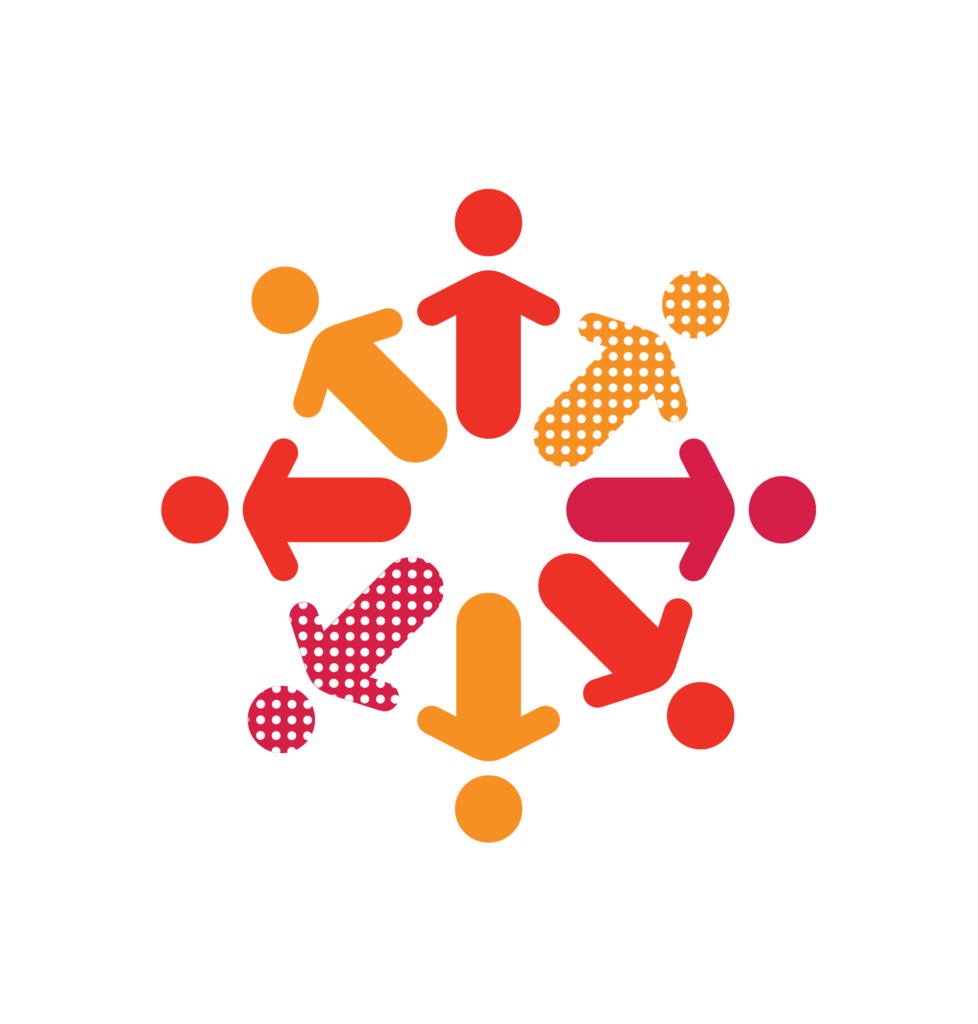24 January 2019
Our blog back in October explained some mandatory changes to the VAT system which come into effect on 1 April 2019. This deadline is edging closer and so we felt it was worthwhile revisiting how this will affect charities.
VAT is the first tax affected by ‘Making Tax Digital’, or MTD, as HM Revenue & Customs move towards increased digital communications.
Many charities will not be affected by MTD because the majority of smaller charities are not registered for VAT. This is often because, even where registration could be advantageous, the charity does not make any taxable supplies that would necessitate registration.
Any VAT registered charities with a taxable turnover above the VAT threshold (currently £85,000) will be caught by the new requirements, and action is required now if it has not already been taken.
For most businesses, the new MTD VAT requirements are effective for the first VAT quarter beginning on or after 1 April 2019. Although a concession has been granted to some charities, with a 6-month deferral for any not-for-profit organisations that are not companies, in reality this will only benefit a small number of unincorporated organisations.
What is changing?
All records must be kept digitally, and any commercial accounting software will need to be MTD compliant. All major software companies are already where they need to be, or working closely with HMRC to ensure that they are ready.
The main issue is therefore for those charities:
- That use less-mainstream software, perhaps something very bespoke to their own needs,
- That record their individual transactions in Excel, and/or
- Maintain manual records.
One would imagine that few substantial charities, and few that are VAT registered, will still record transactions either manually or in Excel, but it is surprising how often we still come across charities which have resisted the move to an accounting software package.
Fortunately, there is a solution for the first of these two scenarios: bridging software. It will be possible to use your current method of transaction recording in conjunction with other MTD compliant software to enable data to be sent to and received from HMRC systems.
Charities relying on completely manual records will need to change their approach and begin using either spreadsheets or, ideally, a simple accounting package like Xero or QuickBooks.
What do I need to do?
If you are not sure then you should check whether your current software is MTD compliant. A full list of compliant software is available here.
If your software provider is not on the current list, we would advise talking to them now. It may be that they expect to be on the list shortly. If they are not, then you will either need to switch to alternative software or fall back on bridging software. This will mean taking your information, exporting it into a suitable format, and then importing it into MTD compliant software. If you are likely to need to follow this route then early planning is required.
If you have any questions or are concerned over MTD and how it will affect your charity, please contact your local UHY charity adviser. Alternatively, if you would like to read more charity-focused blogs please click here.


